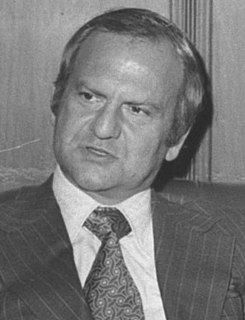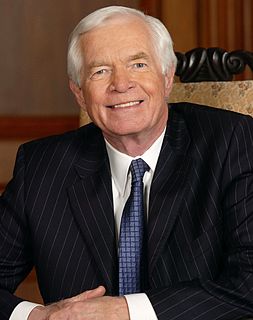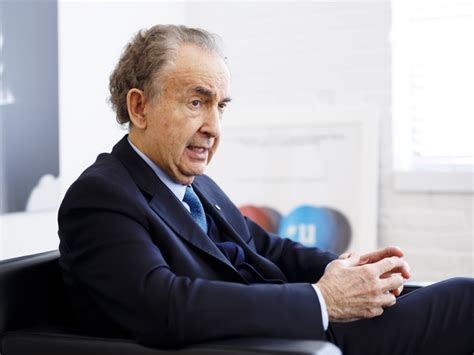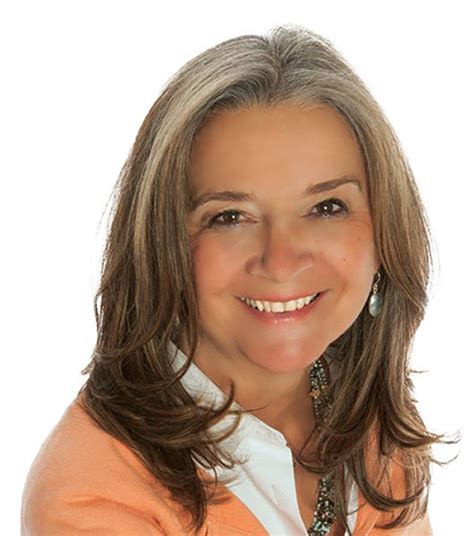A Quote by Yves Doz
In my own research, teaching and consulting experience I have to combine lessons from the field in a relatively inductive and open fashion with theoretical frameworks and conceptual arguments. The skills to deal with theory and conceptualization are a direct result of my formal education - reading, learning and conversations with other PhD students.
Related Quotes
I am relieved that, in my own teaching, I don't have to moderate between high stake teaching and education for the virtues. If I did, I would give students the tools to take the tests but not spend an inordinate amount of time on test prep nor on 'teaching to the test.' If the students, or their parents, want drill in testing, they'd have to go elsewhere. As a professional, my most important obligation is to teach the topic, skills, and methods in ways that I feel are intellectually legitimate.
My teaching is not a philosophy. It is the result of direct experience...
My teaching is a means of practice, not something to hold onto or worship.
My teaching is like a raft used to cross the river.
Only a fool would carry the raft around after he had already reached the other shore of liberation.
I often notice how students can gain the capacity to use certain critical methodologies through engaging with very different texts - how a graphic novel about gentrification and an anthology about Hurricane Katrina and a journalistic account of war profiteering might all lead to very similar classroom conversations and critical engagement. I'm particularly interested in this when teaching law students who often resist reading interdisciplinary materials or materials they interpret as too theoretical.
We need an enduring, robust theory of education. Now, it seems education careens from one fad to another and often back again. I think that with better education and students willing to put in the 10,000-hours to become expert, we could develop better science professionals, even theoretical physicists.
I hadn't had any course work in ceramics. I had no courses in art education but I wasn't going to let this chance to have a job pass me by. I went out and learned and I stayed one step ahead of the students by reading and I got to be pretty proficient at throwing on the wheel and making my own glazes, ordering the chemicals and having the students go out and dig and process their clay, and doing things that they weren't teaching at Howard University. So Talladega College opened up my whole sensibility about experimental teaching.
Public education for some time has been heavily focused on what curricula we believe will be helpful to students. Life-Enriching Education is based on the premise that the relationship between teachers and students, the relationships of students with one another, and the relationships of students to what they are learning are equally important in preparing students for the future.
I think there are times when human beings open our psychic field: when they're in love, when they're with another person that they resonate with, when they're having a wonderful experience of any kind. We feel the essence of life in a different way that allows us to experience the presence of God as, I would call it, a functioning, physical reality and not just a mental construct or conceptualization.
The only purpose of education is to teach a student how to live his life-by developing his mind and equipping him to deal with reality. The training he needs is theoretical, i.e., conceptual. He has to be taught to think, to understand, to integrate, to prove. He has to be taught the essentials of the knowledge discovered in the past-and he has to be equipped to acquire further knowledge by his own effort.
Without question, students need to practice, review, and drill skills, but they should do so only in the spirit of working toward more complex mastery of those skills. Redundant drill of skills is inherently boring and insulting to the learner, and it is one of the most effective methods for turning students off to learning.


































